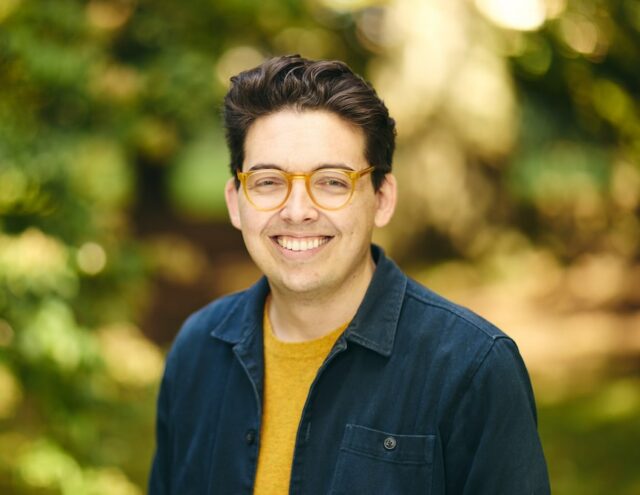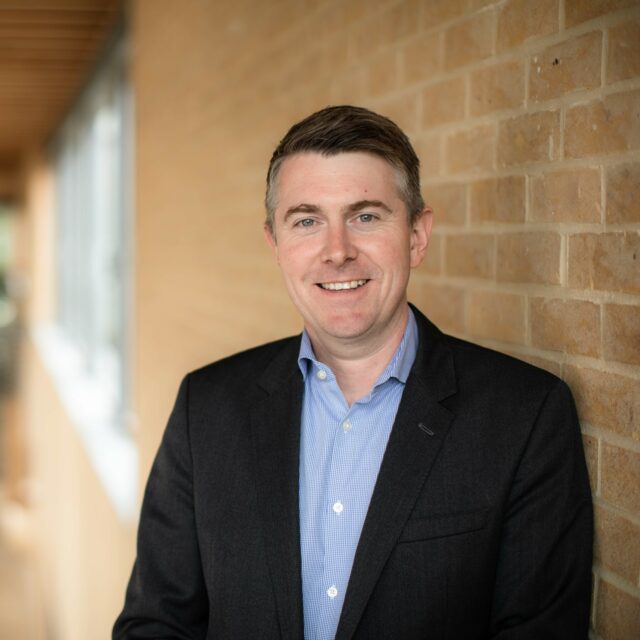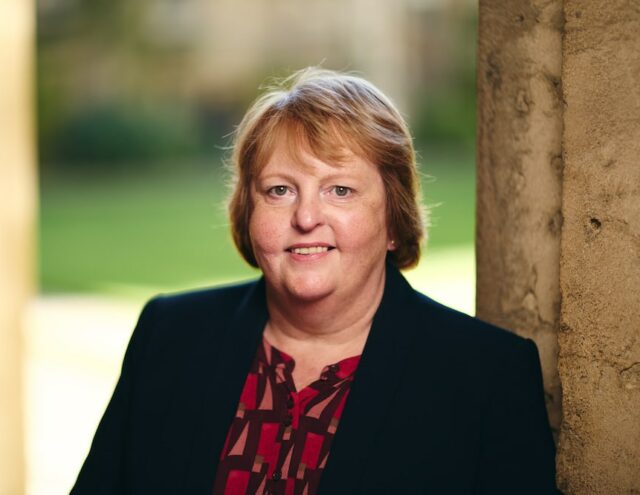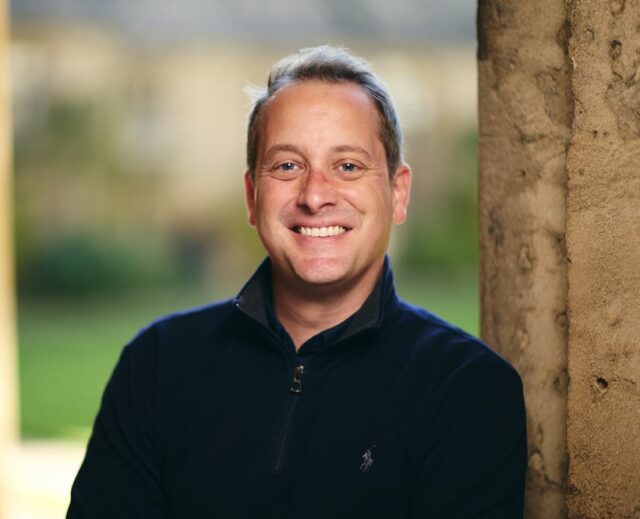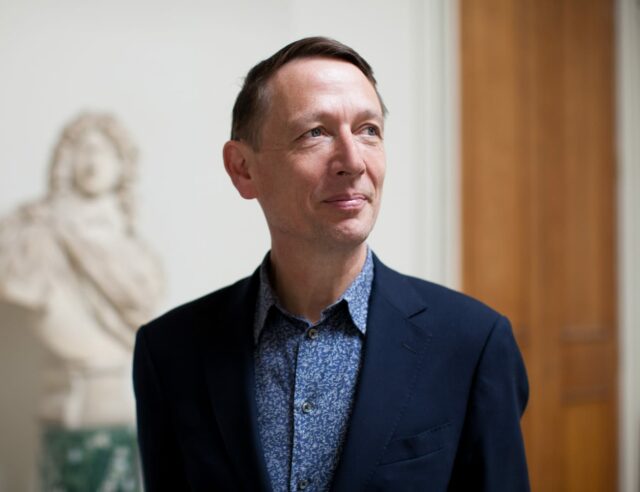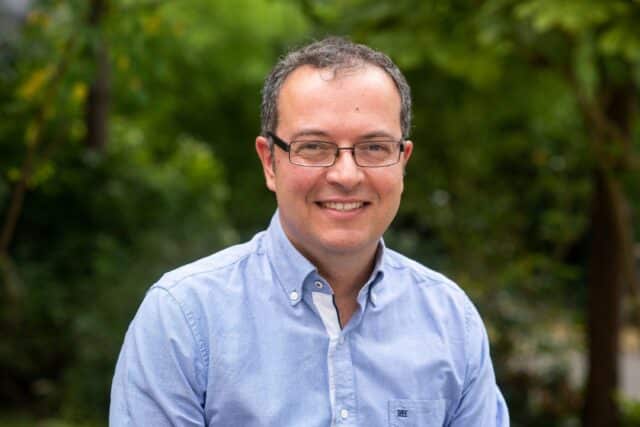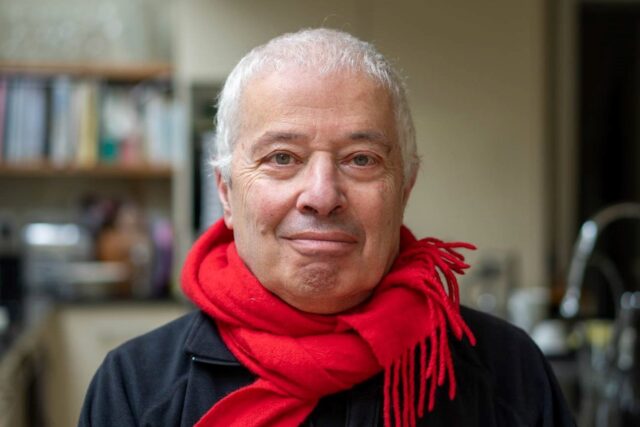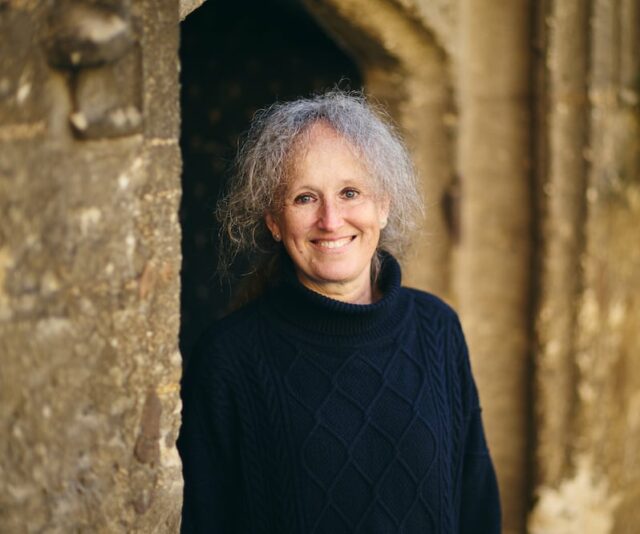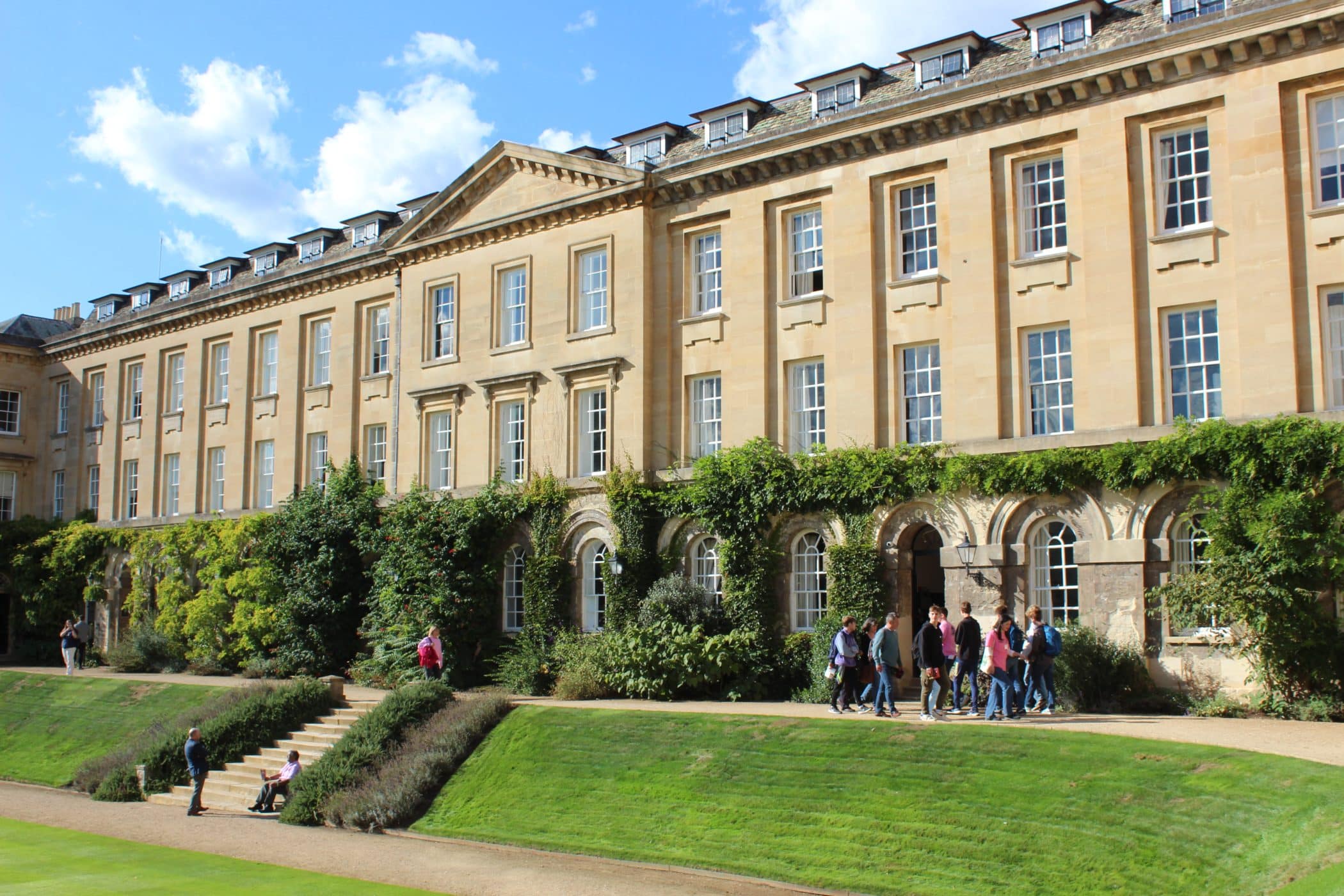
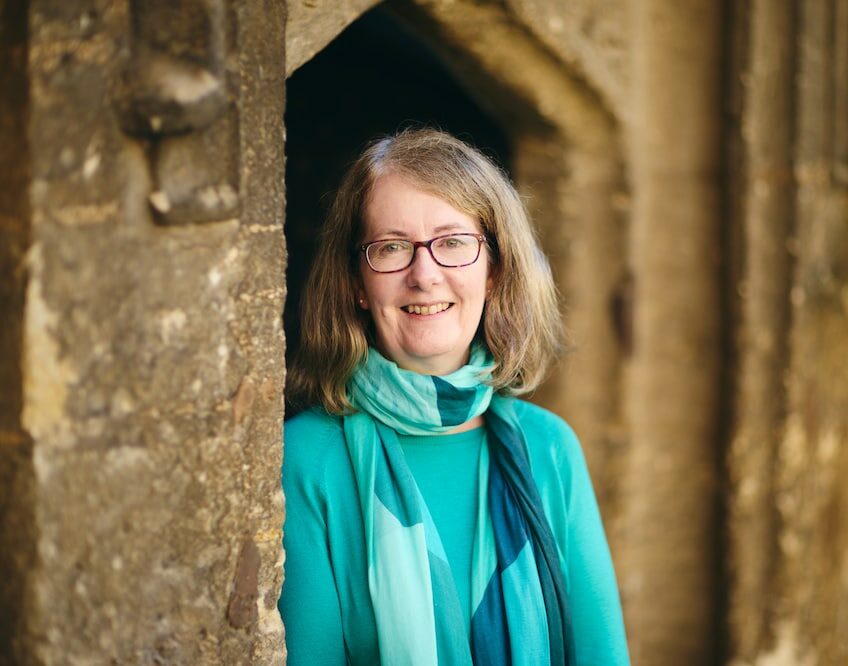
Emma Standhaft
Assistant Academic Administrator
Emma works closely with the Academic Administrator. Her main areas of responsibility are 0th week collections, exams (where students have permission to sit them in College), degree days and handling student room booking requests.
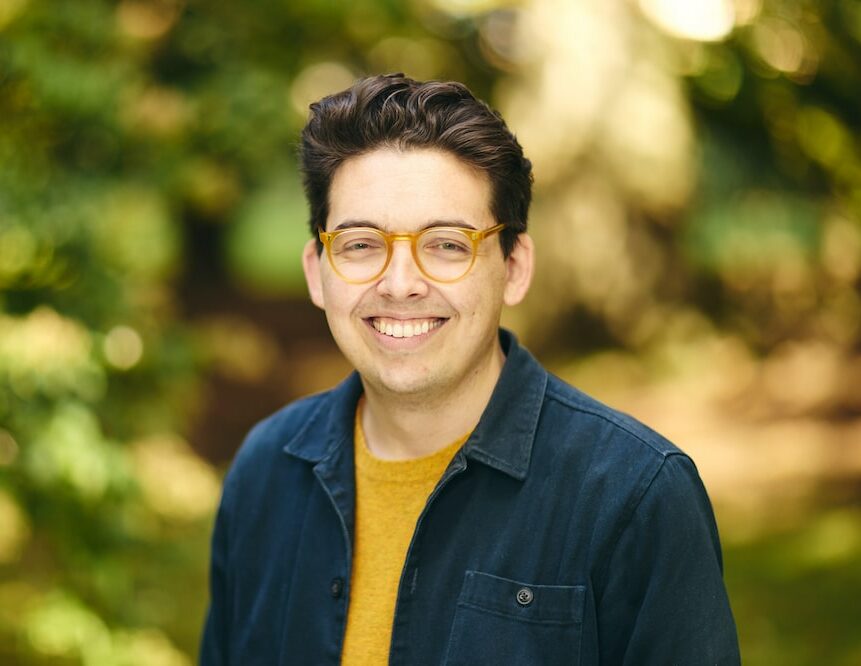
Fun fact
Nathan has a sourdough starter named Howard
Nathan Stazicker MCIPR
Communications Manager
Freedom of Information Officer
Nathan works closely with colleagues across Worcester to manage the College’s internal and external communications. He oversees the website and social media as well as liaising with the Provost on a wide range of communications projects.
Nathan studied art history at Oxford and The Courtauld and is passionate about visual arts and equal access to education.
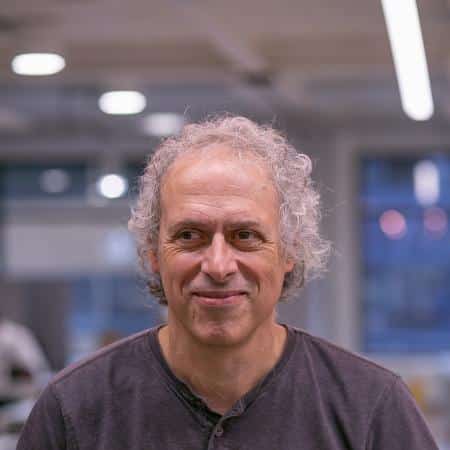
Professor David Steinsaltz
Loevner Fellow & Tutor in Statistics
Associate Professor of Statistics
Education
MA (Oxford), MA (Yale), PhD (Harvard)
I moved to Oxford from Queen’s University in Kingston, Ontario, where I was Associate Professor in the Department of Mathematics and Statistics. Before then I was a postdoc at UC Berkeley for six and a half years, in the Departments of Demography and Statistics, following stints at the Technical University of Delft and the Technical University of Berlin. I completed my PhD in probability theory in the Harvard University Department of Mathematics in 1996, working with Persi Diaconis.
I am currently interested primarily in biological and demographic questions connected with ageing and mortality. I have been working on improving the probability-theory machinery that underlies some theoretical analyses of the evolution of ageing, and developing statistical methods that help to bring together experiments with these theories. This has largely been in the area of survival analysis, but I have also increasingly been concerned with Bayesian methods for analysing longitudinal data. My demographic interests have branched out to include the human sex ratio and genetic determinants of human life history traits.
I continue to work on fundamental questions of stochastic processes, in particular the behaviour of stochastic flows, the asymptotics of killed Markov processes, and the growth rates of populations dynamics in random environments.

Professor Zofia Stemplowska
Asa Briggs Fellow & Tutor in Politics
Professor of Political Theory
Education
MA MPhil DPhil (Oxford)
I joined Oxford in September 2012 from Warwick where I was Associate Professor of Political Theory. Before that I was Lecturer in Political Philosophy at Reading and at Manchester and a Barbara McCoy Postdoctoral Fellow at Stanford University. I studied PPE at New College and completed my MPhil and DPhil at Nuffield College. I grew up in Warsaw.
Undergraduate: tutorials in Political Theory (Prelims and the core Honours paper) and Advanced Paper in Theories of Justice.
Graduate: optional MPhil Mitigating Historical Injustice class; core MPhil/MSc Reasoning in Political Philosophy class; core MPhil/MSc Political Theory class.
I am mostly interested in the problem of what people owe to each other as a matter of domestic, global and historical (post war) justice including commemoration and remembrance. I am also interested in the debate about ideal and nonideal theory: the problem of how to make theories of justice relevant to urgent, real world problems while avoiding ad hoc theorising and defeatism.
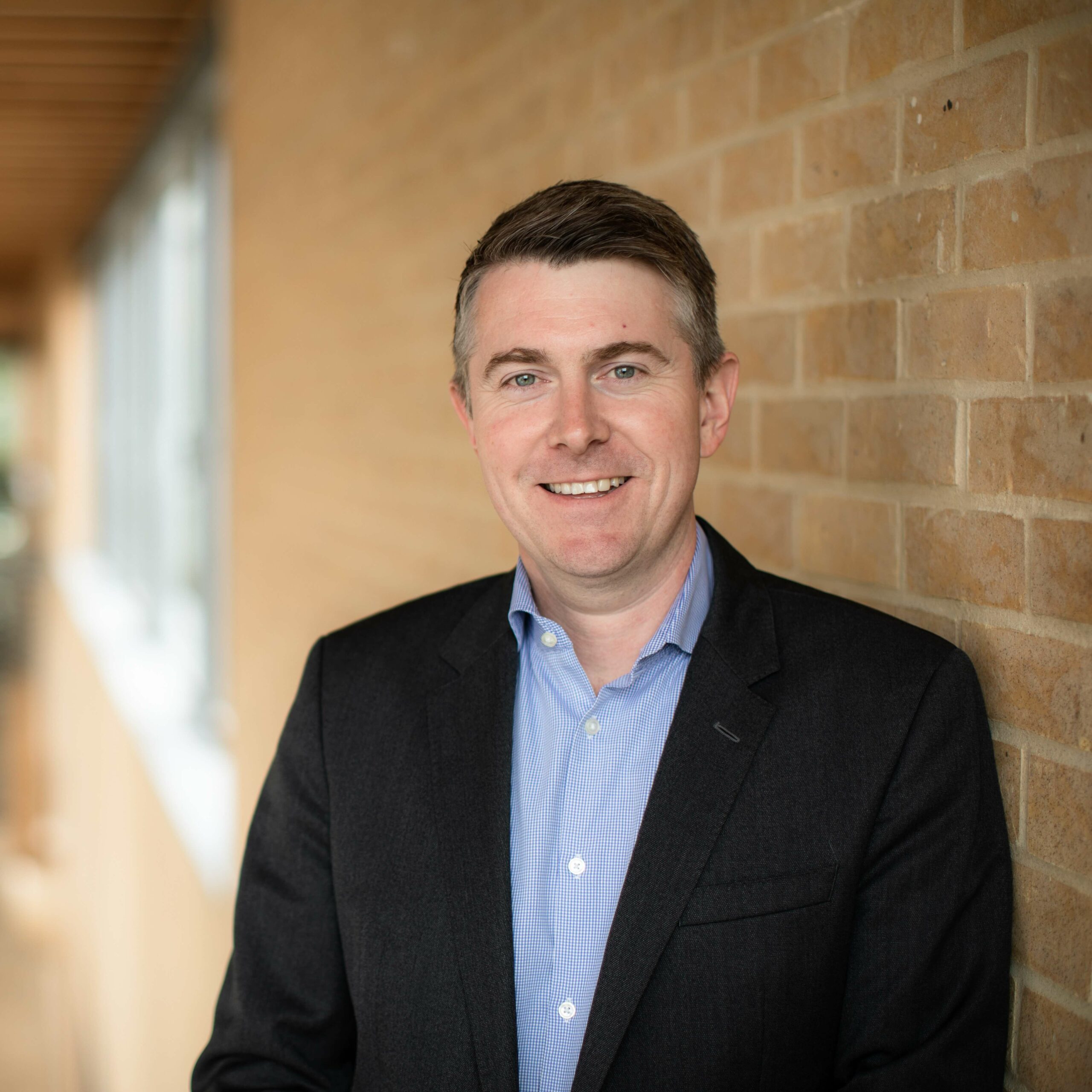
Professor Andrew Stephen AM
L’Oréal Professor of Marketing
Professorial Fellow
Deputy Dean for Faculty and Research, Saïd Business School
Education
BSc (Queensland), MPhil PhD (Columbia)
Andrew is one of the world’s leading academic marketing experts. At Oxford Saïd, Andrew is Deputy Dean for Faculty and Research, responsible for all academic matters at the School. As L’Oréal Professor of Marketing, he is the University’s most-senior marketing academic and leads the School’s group of marketing faculty members and research staff, as well as serving as the director of the Oxford Future of Marketing Initiative.
Andrew is one of the world’s top marketing academics and is a leading voice on the future of the marketing, media, and advertising industries. His research and industry engagement work focuses predominantly on issues related to new technologies in marketing (such as AI) and how both customers and businesses can benefit from new technologies. He is a strong proponent of the use of data-centric, analytics-enabled, evidence-based approaches to marketing practice. His research over the last decade has made significant contributions to our understandings of digital marketing, social media, advertising and consumer behaviour. He is recognised by the American Marketing Association as one of the top marketing academics in the world (including #1 in the UK), was featured as one of the top 40 business school professors under 40 by Poets and Quants (in 2015), and has won numerous awards for research excellence.
At Oxford, Andrew oversees the entire marketing curriculum. Presently, the marketing faculty offer courses to students in the undergraduate, MBA, Executive MBA and DPhil programmes. The group also offers three open executive education programmes and contributes to many other custom and open executive programmes from time to time.
As a prolific researcher in marketing, Andrew has published in all of the leading academic journals in marketing, as well as in professional outlets such as Harvard Business Review and MIT Sloan Management Review and top psychology journals. He previously served as co-editor of the International Journal of Research in Marketing and is currently editor of the Journal of Consumer Research (the world’s premier academic journal focused on consumer research and one of the top four academic journals in marketing).
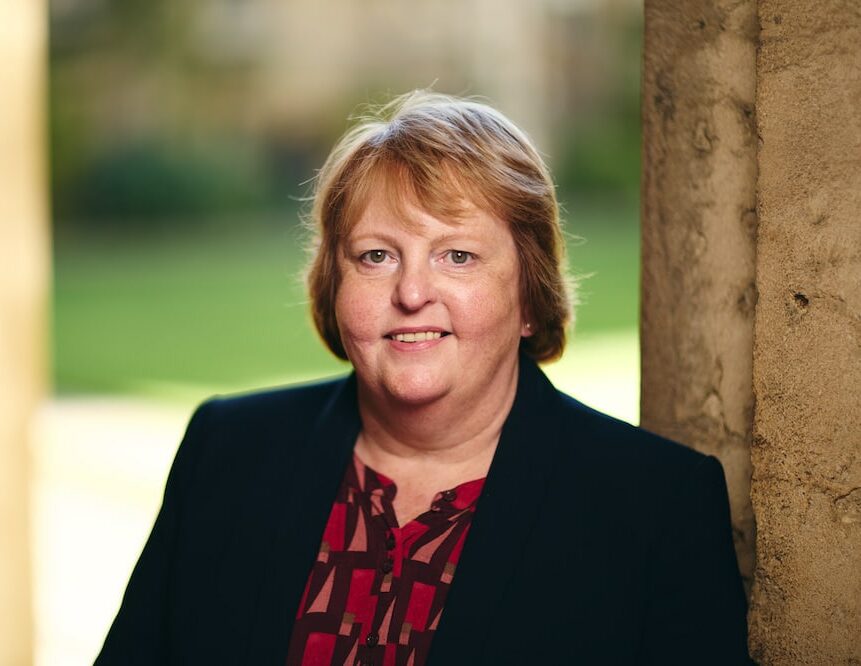
Jayne Stoddart
Head of Works
Jayne is responsible for the maintenance department and the College’s ongoing programme of building works.
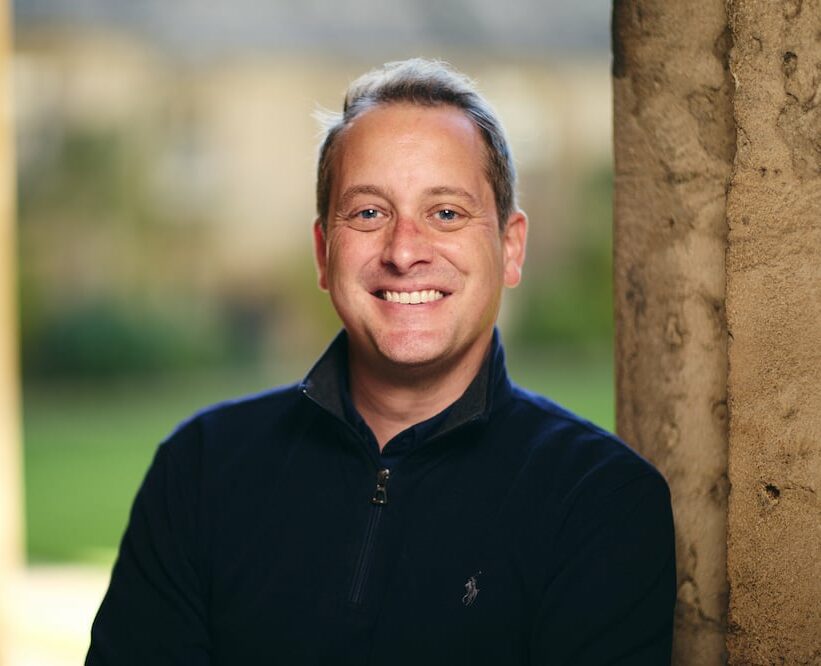
Dr Weston Struwe
Fellow & Tutor in Biochemistry
Associate Professor of Molecular and Cellular Biochemistry
UKRI Future Leaders Fellow
Education
BSc (Wisconsin), PhD (New Hampshire)
I am a UKRI Future Leaders Fellow based in the Department of Chemistry and Kavli Institute for NanoScience Discovery. Prior to taking up my fellowship, I was Chief Scientific Officer of Refeyn, a University of Oxford spin-out based on mass photometry – a single molecule mass imaging technique I helped establish. I have been in Oxford since 2012, in both the Chemistry and Biochemistry Departments as a Post-Doctoral Researcher and Senior Research Associate where I studied the molecular mechanisms by which viruses glycosylate their surface proteins and developed new ways to understand how oligosaccharides interact with host receptors, innate immune lectin receptors and anti-viral lectins. Prior to moving to Oxford, I worked at the newly formed National Institute for Research and Training (NIBRT), a non-profit institute established to support research and education in biopharma globally. At NIBRT, I had the opportunity to work closely with a number of biotherapeutic companies to address various challenges in the analysis and process development of protein-based drugs. I obtained my BS from the University of Wisconsin, Madison and PhD from the University of New Hampshire.
Research in the Struwe Group centres on untangling the diverse and complex structure-function relationships of protein-linked oligosaccharides through the development of techniques that span protein engineering, chemical biology and mass spectrometry. Oligosaccharides, or glycans, are not only structurally diverse and contribute to remarkable protein heterogeneity but can be viewed as chemical elements that fine-tune protein biophysical properties and biomolecular interactions to various degrees.
The work we do focuses on host-pathogens interactions, principally among enveloped viruses, and our goal is to pin-point individual glycan structures, present among hundreds if not thousands of forms, responsible for discrete biological disease processes via the multivalent interactions they facilitate, including in receptor binding, immune recruitment and inflammation. A chemical understanding of such interactions is vital for designing next-generation therapeutics. Our approach is interdisciplinary but largely based on advanced methods in mass spectrometry and glycoprotein engineering strategies that enable us to study glycoprotein dynamics and transient, yet specific, glycan-dependent interactions.


Henry Stubbs
College Lecturer in Physics
Education
MMathPhys (Oxford)
I am a DPhil student in the Particle Theory group, working under the supervision of Ed Hardy. I completed both my undergraduate and MMathPhys degrees at Oxford.
I am interested in how we can test theories beyond the standard model of particle physics with astrophysical observations and experiments on earth. I am particularly motivated by questions such as the nature of dark matter, and how our universe might fit in with quantum gravity.
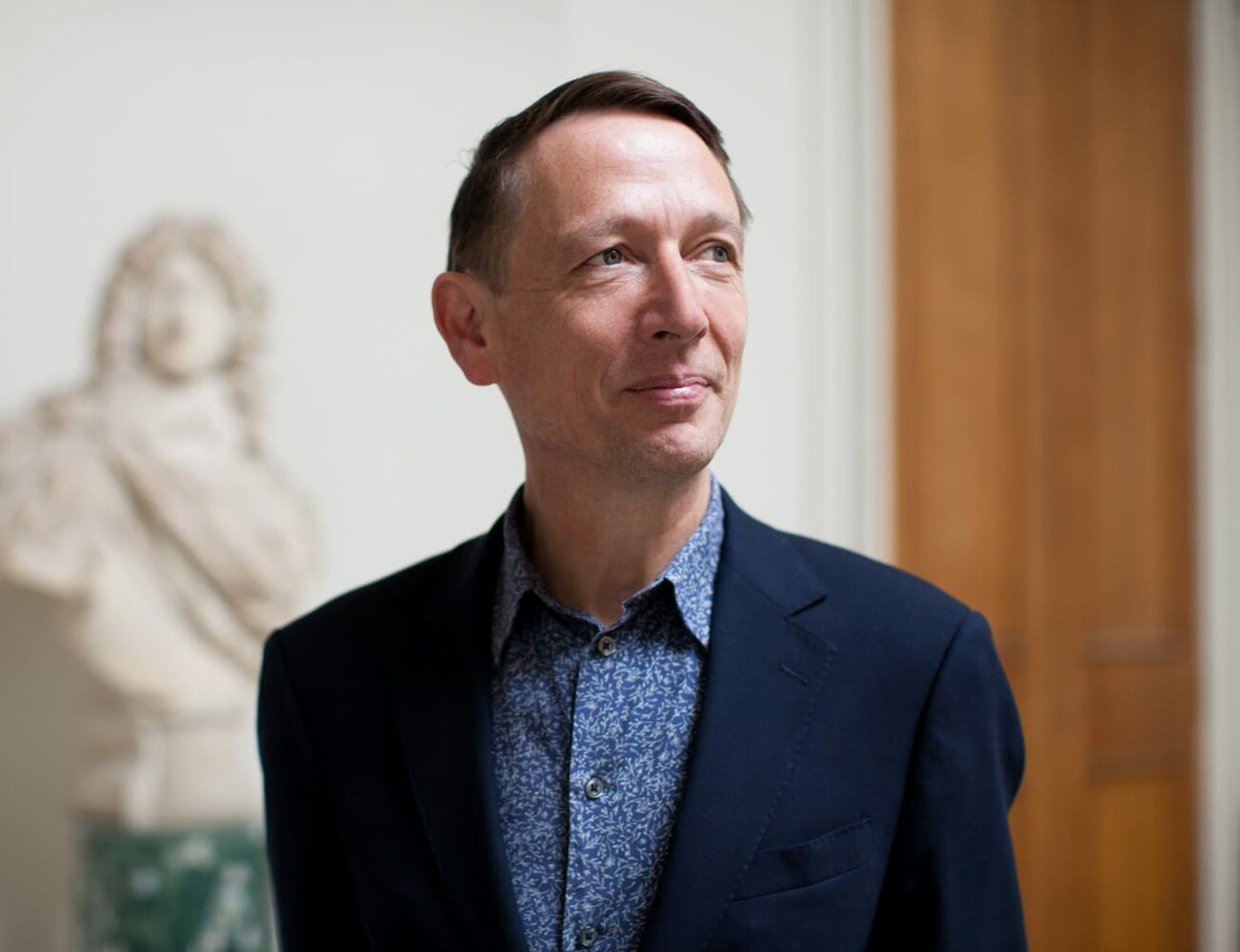
Dr Xa Sturgis CBE
Director of Ashmolean Museum and Keeper of the Pictures
Supernumerary & Governing Body Fellow
Education
MA (Oxford), PhD (Courtauld)
Xa Sturgis has been Director of the Ashmolean Museum since 2014. Before taking up his current post he was Director of the Holburne Museum, Bath (2005-2014) where he oversaw the Museum’s major renovation and extension. From 1990 to 2005 he worked at the National Gallery in a number of roles including Exhibitions and Programmes Curator.
Among the exhibitions he has curated and his publications are: Telling Time (NG, 2000); Bill Viola: the Passions (NG, 2003/4); Rebels and Martyrs: The Image of the Artist in the 19th century (NG, 2006); Presence, The Art of Portrait Sculpture (Holburne, 2012); and Jeff Koons at the Ashmolean (Ashmolean, 2019).

Professor Gabriel Stylianides FAcSS
Professor of Mathematics Education
Supernumerary & Governing Body Fellow
Education
BA (Cyprus), MA (Oxford), MSc MSc PhD (Michigan)
Gabriel Stylianides is Professor of Mathematics Education at the Department of Education and a Fellow of Worcester College. He is the convenor of Oxford’s Subject Pedagogy Research Group and a Fellow of the UK Academy of Social Sciences.
Gabriel’s research focuses on issues related to designing and scaling-up effective classroom-based interventions in both school and teacher education settings. The aim of these interventions is to address issues of practice related to both cognitive and affective aspects of students’ (including preservice teachers’) engagement in the fundamental mathematical practices of mathematical reasoning, proving, problem solving, and algebraic thinking. In pursuing his primary research interests he also addressed issues related to task design and implementation, curricular resources (including textbooks), technological environments (including intelligent tutoring systems), and methodology (including design experiments and vignette design).
His research projects have been supported by various funding bodies: the US National Science Foundation (NSF), the US Institute of Educational Sciences (IES), the Education Endowment Foundation (EEF), the Department for Education (DfE) in England, the Spencer Foundation, the Norwegian Research Council, and Oxford’s John Fell Fund.
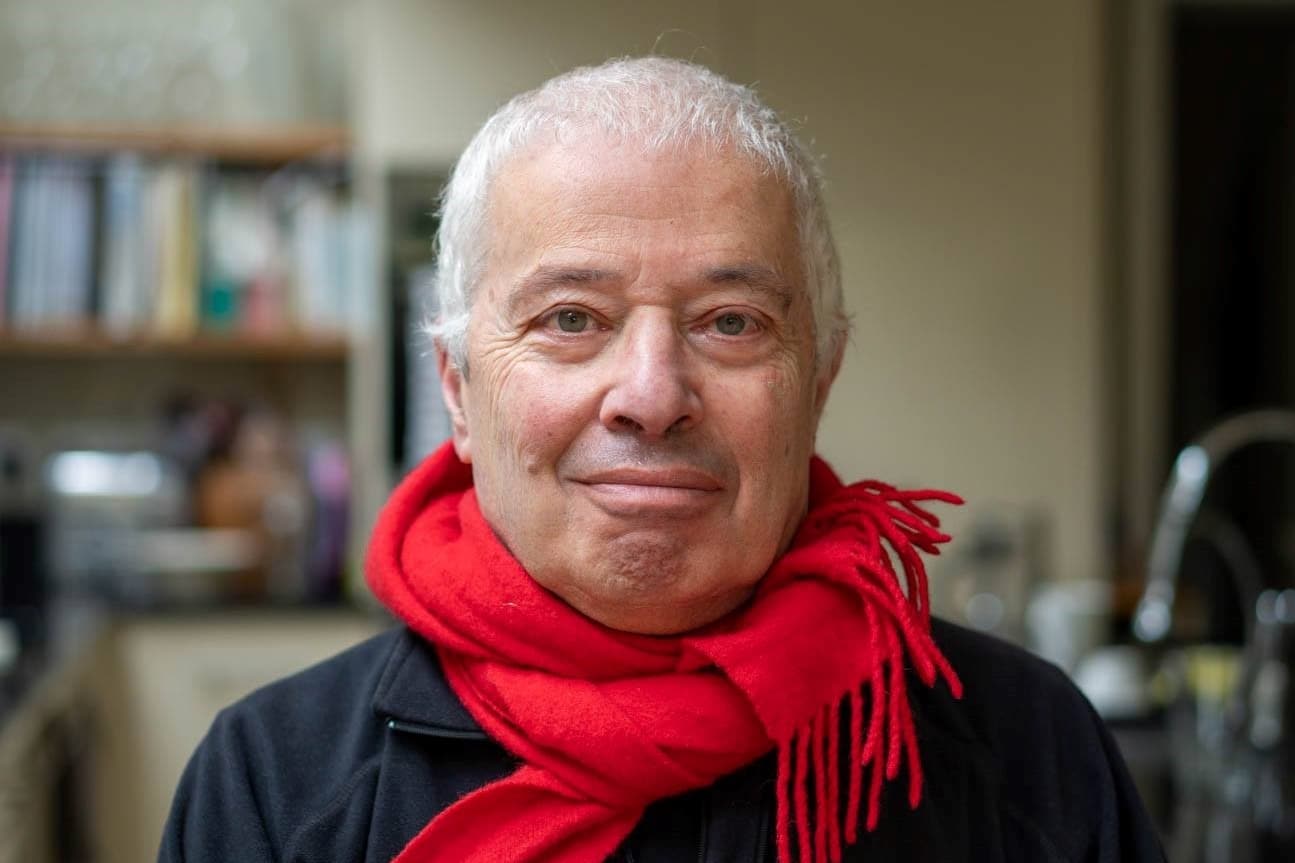
Bernard Sufrin
Emeritus Fellow
Education
BSc (Sheffield), MSc (Essex), MA (Oxford)
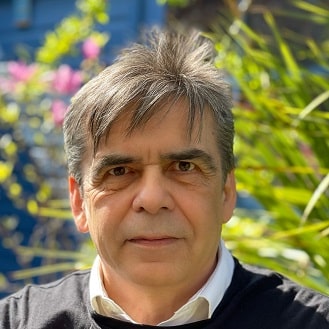
Professor Endre Süli FRS
Fellow & Tutor in Mathematics
Professor of Numerical Analysis
Education
MA PhD (Belgrade), MA (Oxford)
Endre completed his doctorate in Mathematics at the University of Belgrade in 1985. He was appointed to an academic position at Oxford in the same year. He is now Professor of Numerical Analysis and a Fellow and Tutor in Mathematics. Endre is a Foreign Member of the Serbian Academy of Sciences and Arts, a Fellow of the Institute of Mathematics and its Applications (IMA), a Fellow of the Society of Industrial and Applied Mathematics (SIAM), a Fellow of the European Academy of Sciences (EurASc), a Member of the Academia Europaea, and a Fellow of the Royal Society.
Mathematical and numerical analysis of nonlinear partial differential equations; finite element methods, particularly:
- Kinetic models for polymers; Navier-Stokes-Fokker-Planck systems; construction and mathematical analysis of numerical algorithms for high-dimensional Fokker-Planck equations
- Implicitly constituted material models
- Numerical analysis of free-discontinuity problems, computational modelling of fracture, and quasi-continuum methods
- Adaptive algorithms for partial differential equations and a-posteriori error control
- Discontinuous, stabilised, and multiscale finite element methods

Dennis Sullivan
Honorary Fellow
Education
1970, Modern History & Economics
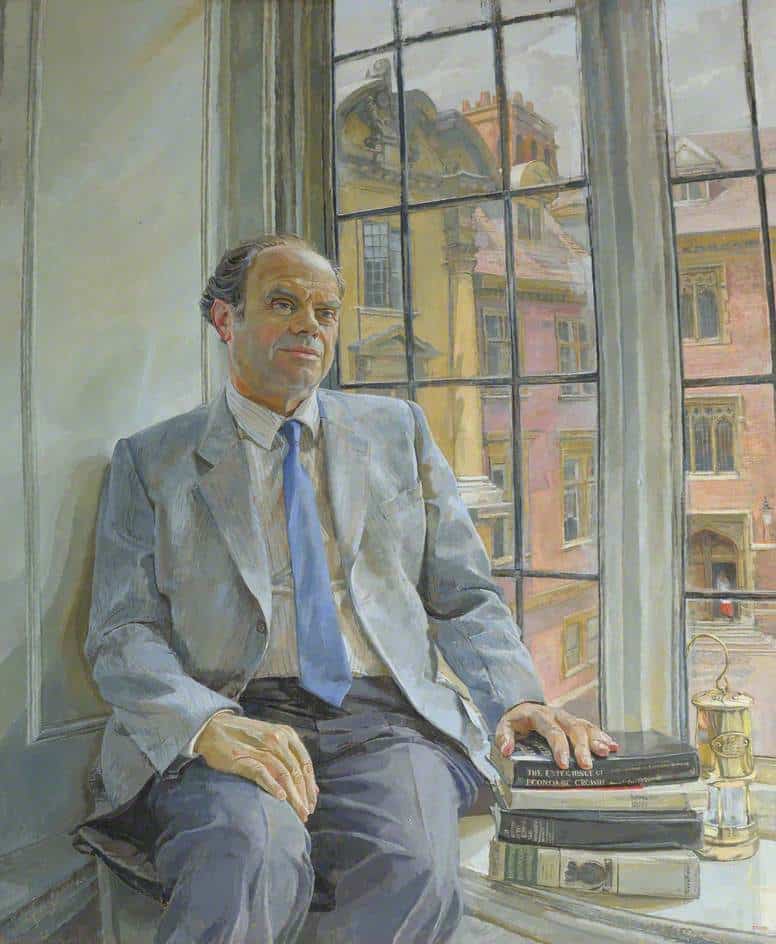
Professor Barry Supple CBE FBA
Honorary Fellow
Master of St Catharine's College, Cambridge (1984-1993)
Director of Leverhulme Trust (1993-2001)
Image: St Catharine’s College, University of Cambridge

Professor William Swadling
College Lecturer in Law
Professor of Law
Fellow & Tutor in Law, Brasenose College
Education
MA (Oxford), LLM (London)
William Swadling is Professor of Law and the Senior Law Fellow at Brasenose College. He chairs the faculty’s teaching groups in Restitution, Trusts, and Personal Property. Before coming to Oxford, he held posts at a number of other universities, including University College London and Trinity College, Cambridge. He is the editor of a number of books, including The Quistclose Trust: Critical Essays. He is particularly interested in the intersection between trusts/property and restitution, and a number of his articles on this topic have been cited in the English courts, most notably in Westdeutsche Landesbank Girozentrale v Islington LBC [1996] AC 669. He is a contributor to Halsbury’s Laws of England (4th ed, reissue), and wrote the section entitled ‘Property’ in Burrows (ed), English Private Law (3rd ed, 2013). He is, along with Professors Peter Birks and Francis Rose, a founding editor of the Restitution Law Review and has held visiting professorships at the University of Hamburg, Seoul National University, the National University of Singapore, University of Paris II (Panthéon-Assas), Renmin University, and the University of Leuven. He is an academic associate at One Essex Court (chambers of Lord Grabiner QC), a Senior Fellow at the University of Melbourne, an elected member of the American Law Institute, and an academic member of the Chancery Bar Association.
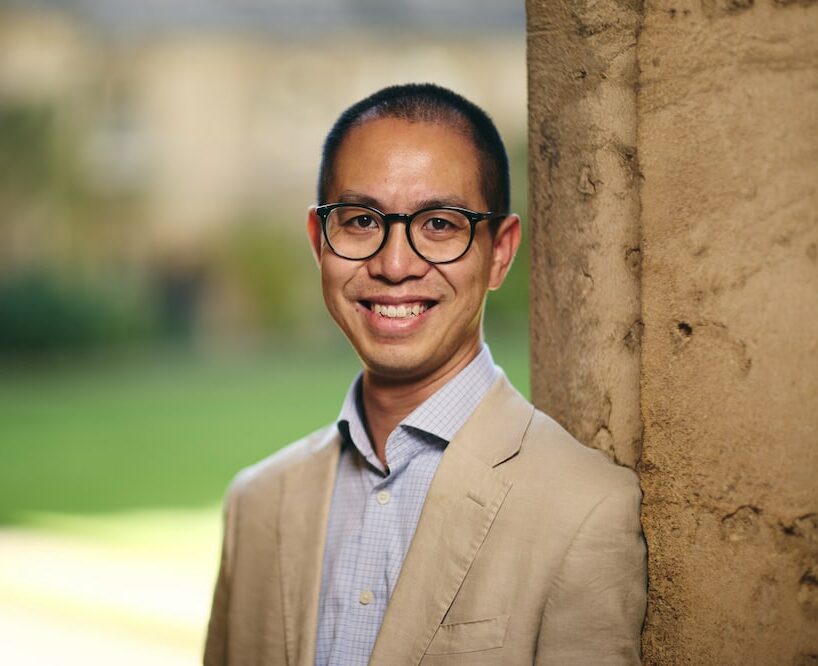
Fun fact
Brian is an avid road cyclist and keen baker.
Dr Brian Tang FHEA CEng MiMechE
College Lecturer in Engineering
Senior Research Associate, Department of Engineering Science
Education
MEng DPhil (Oxford)
I read for an MEng in Engineering, Economics and Management at Balliol College, Oxford, graduating in 2006 with a first-class degree having been awarded the Edgell Sheppee prize, Lubbock prize and Lubbock scholarship. I subsequently remained at Balliol for my DPhil, where I performed research into turbine blade tip cooling in civil aerospace jet engines for Rolls-Royce. Following my doctoral studies, I joined Lotus F1 Team in 2012 as a computational aerodynamicist. During this period, I gained chartership with the Institution of Mechanical Engineers. Having spent a season and a half in F1, I returned to the Oxford Thermofluids Institute as a post-doctoral researcher at the end of 2013. I am now a Senior Research Associate in the Active Flow Control group, conducting research into technologies supporting future liquid hydrogen-fuelled aircraft for zero-carbon aviation.
I have a strong interest in teaching, and am a Fellow of the HEA and also hold the SEDA-PDF Learning Teaching and Assessing award, which is aligned with descriptor 2 of the UK Professional Standards Framework. I act as a mentor to several early-stage tutors to help them develop their methods and find their own style as they embark on their teaching journey. On the undergraduate Engineering Science course, I teach:
- Papers P1 & A1: Mathematics
- Papers P3 & A3: Structures, Materials and Mechanics
- Papers P4 & A4: Fluid mechanics, Thermodynamics and Heat & Mass Transfer
- Paper B2: Engineering in Society.
I am also a lecturer at Balliol College and Jesus College.
My current research focuses on the development of novel fluidic devices for the control of combustion in hydrogen-fueled, zero emissions clean aviation engines. Additionally, I am also conducting research and development in plasma-actuated, no-moving-parts valves for integration into the secondary air systems of large civil aviation jet engines and ultrasonically activated fluidic switches used for external aerodynamic flow control.
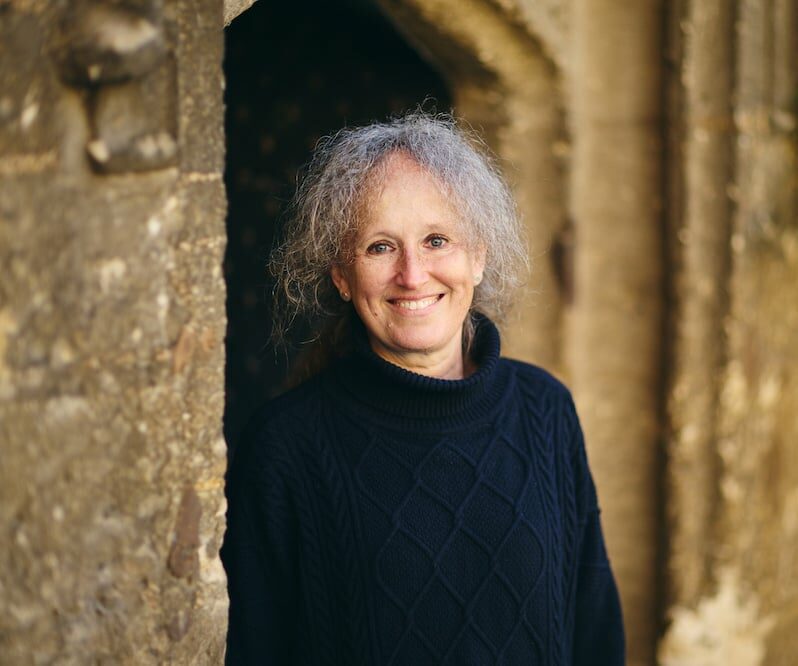
Phillipa Tarver
Academic Administrator
Deputy Safeguarding Lead
Phillipa advises students and tutors on matters relating to examination regulations and dispensations, extension requests, suspensions of study and mitigating circumstances submissions. She also works with the Senior Tutor on the administration of teaching and academic strategy matters. Phillipa is a Harassment Advisor and the College’s Deputy Safeguarding Lead.













